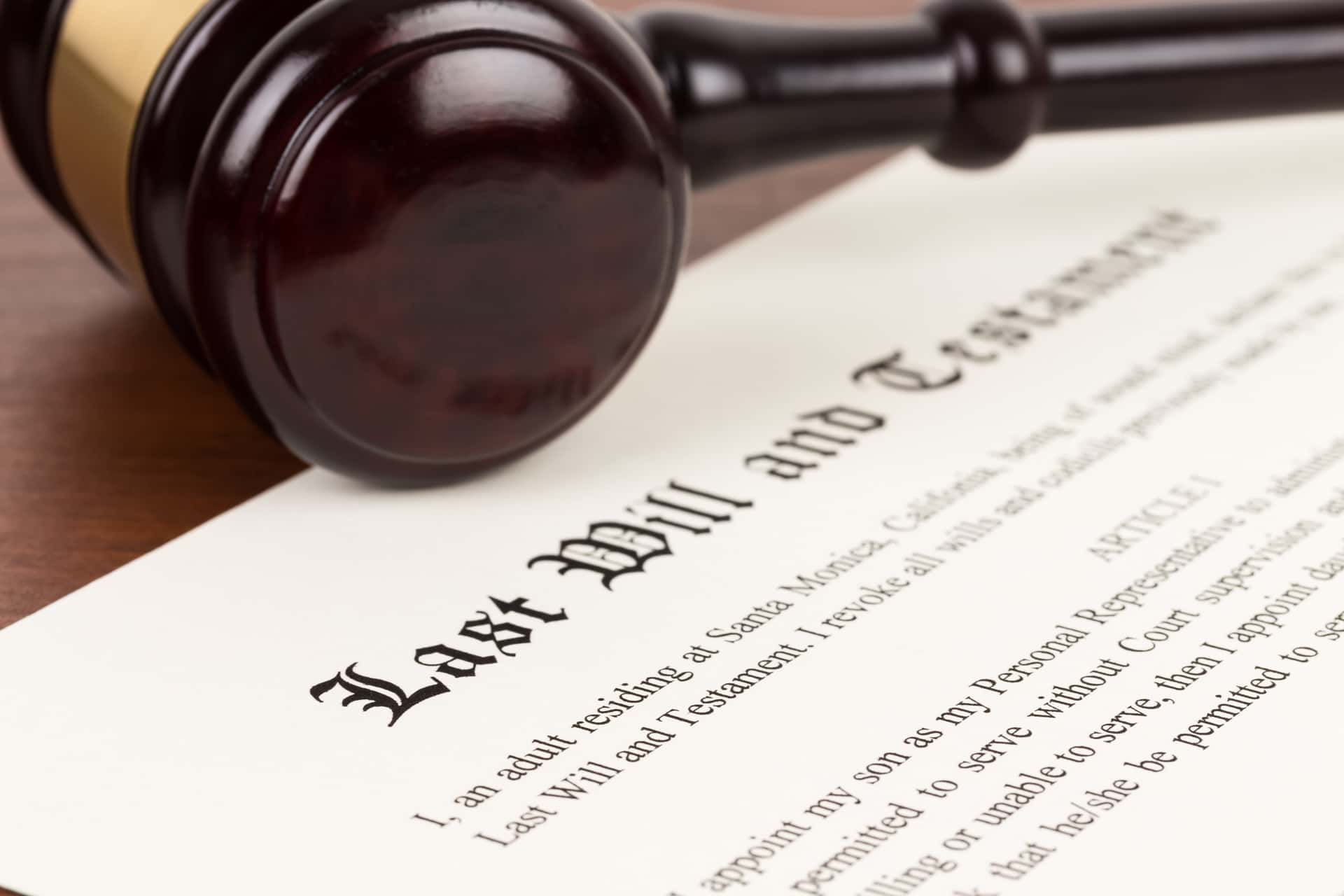Estate administration, also called probate, is the legal process that occurs following the death of a loved one. Georgia probate law covers several processes, including: determining who will manage the estate; identifying key assets and debts of the recently deceased; calculating the value of the estate’s assets, debts, and taxes; and distributing the estate’s property to any heirs, beneficiaries, or creditors. Spencer Law Office specializes in probate law and has worked with clients throughout southern Georgia as they navigate these processes following the lost of a loved one.
With nearly four decades of experience handling probate matters, principal attorney Gerald Spencer is prepared to help you and your family understand your roles throughout the probate process and ensure that it goes smoothly.
The 3 Phases of Probate
Although the circumstances of each family are different, there are generally three basic phases that an estate will go through during the probate process. First, the court appoints someone to serve as an administrator or executor who will represent and manage the estate. The next phase is the administration, wherein all the details about the management and distribution of the estate occur. Finally, during the discharge stage, the estate is closed and the administrator or executor is protected from liability for any issues that happened during the administration of the estate.
Uncontested vs. Contested Probate Estates
When the family of the deceased is in agreement, the opening of the estate is referred to as “uncontested.” If there are grudges or disagreements among family members, then this is called a “contested” probate estate. The loss of a loved one can bring up many emotions among family members, so our firm is prepared to help you and your family navigate the probate process, even if there are struggles and challenges along the way.
Testate vs. Intestate Estates
If there is a valid will in place, then the administrator or executor will work to make sure the estate is divided according to the deceased’s wishes specified in the will. If the deceased left no will (meaning the person perished “intestate,” or without a last will and testament), then the Georgia probate court will step in and work to find an equitable way of administering and distributing the estate.
Since there can be many complicated steps throughout the probate process, it is critical to work with an experienced probate attorney who can help you understand your options and how to move forward. Contact Spencer Law Office today to learn more about our approach to helping our clients navigate the probate process and achieve a favorable and equitable outcome.
FAQs About Probate in Georgia
Q: Is it necessary to go through probate?
A: The state of Georgia does not require an estate to go through probate court. However, nearly all estates should go through the probate process to protect against liability and to stave off any future problems that could be costly.
Q: What is the role of an executor or administrator?
A: Typically, an administrator or executor must manage the estate and the distribution of the estate property and funds according to Georgia probate law. Additionally, the executory or administrator owes a fiduciary duty to the estate’s beneficiaries and heirs, meaning they must protect the estate’s interests at all times and make sure it is distributed properly. If it appears that an executor or administrator is performing a task for their own gain or violating their fiduciary duty in any way, then they may become personally liable for any actions they take.
Q: How do I know if I’m entitled to receive anything from the estate?
A: There are many factors to consider when handling the distribution of an estate. If a valid will is in place, then those beneficiaries who are named in the will are most likely to be the sole heirs of the estate. In cases where there is no will, then the Georgia probate court will determine which heirs will inherit the estate. Working with a reputable and experienced probate attorney will help to reduce the debts of an estate and increase the available amount that the heirs and beneficiaries stand to receive.
Going through the probate process can be difficult for you and your loved ones, and Spencer Law Office is here to help. When you work with principal attorney Gerald Spencer, you can rest assured that the affairs of you and your family will be handled equitably and compassionately. We have been serving the Quitman and Valdosta communities for nearly four decades. Contact our firm today at (229) 263-4181 to learn more about the probate services we offer our Brooks County clients and their families.


